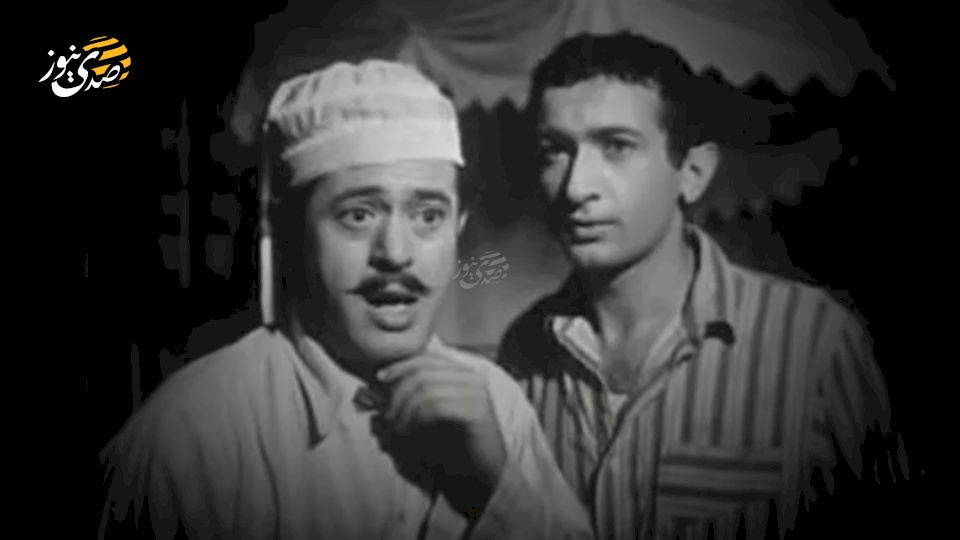
Egypt: Behind the Scenes of a Two-Year Struggle Against the Censorship of the Film 'Palace of Desire'
SadaNews - The film "Palace of Desire," starring Nadia Lutfi, Yahya Shaheen, and Abdel Moneim Ibrahim, based on a story by the late Nobel laureate Naguib Mahfouz, did not see the light of day easily and effortlessly, but its creators waged a battle with censorship for more than two years.
The details of what transpired were revealed by Ms. I'tidal Mumtaz in her book "Memoirs of a Cinema Censor," which was reviewed by "Al Arabiya.net," covering many behind-the-scenes stories of Egyptian films.
I'tidal Mumtaz discussed the challenges faced during the work on the film "Palace of Desire," noting that the crisis extended for more than two years and involved committees formed by a decision from the Minister of Culture.
The crisis began with the censorship authority objecting to the script, prompting the film's director, Helmy Refaat, to sign a written commitment agreeing to abide by the censorship regulations while filming.
The censorship authority believed the film was produced in a single month, a period deemed insufficient to produce quality work, in addition to being produced by the Film Institution, whose board is headed by Naguib Mahfouz, the author of the story, which made him defend the film regardless of its artistic level, which undermined the literary text.
One day before the film was to be screened for censorship, director Helmy Refaat met with Ms. I'tidal Mumtaz and informed her that the film contained some minor censorship violations, but they were necessary for the sake of drama.
He also informed her that a committee had viewed the film and deleted 13 scenes, implying that the work had been censored, but she told him she would wait to see the film and present it to the censorship.
She expressed her shock the next day, confirming that she did not expect the film to include such violations and a low artistic level, leaving them with no choice but to ban its screening.
Censorship authorities viewed the film as an invitation to immorality and vice, a call to dismantle all spiritual values, as well as being offensive propaganda against Islam and containing many inappropriate scenes.
However, Naguib Mahfouz, chairman of the General Egyptian Cinema Organization, sent a letter confirming that the film had been presented to a committee which requested some modifications, which was approved by the Minister of Culture.
The director of artistic classifications added three more scenes for deletion but refused to sign the production slate to avoid his name being associated with the incidents, and Ms. I'tidal Mumtaz, the deputy director, also refused to sign, leading the slate to be forwarded to the film director who subsequently signed it.
The film eventually received local screening approval, but when its creators requested a permit for export, a major crisis ensued as the censorship authority and the export committee denied this request.
This crisis continued until 1968, more than a year after the film’s local release, with I'tidal Mumtaz taking over as head of censorship after the previous director was dismissed, but she insisted on refusing the export permit, leading the Minister of Culture to intervene and grant permission to export the film abroad.

Birdwatching Tourism: Pleasure, Excitement, and Unexpected Scientific Discoveries

Dopamine Boosting and Attention Weakness: Beware of Digital Drugs Inside Your Phone

انطلقت منذ 20 عاماً.. ما لا تعرفه عن منصة "روبولوكس"

India Offers Tax Breaks Until 2047 to Attract Cloud Computing Giants

Do You Write To-Do Lists by Hand or on Your Phone? 9 Traits Distinguishing the First Group

Developments in the Health Condition of Actress Susan Badr

How Artificial Intelligence Steals Our Faces and Our Money?

